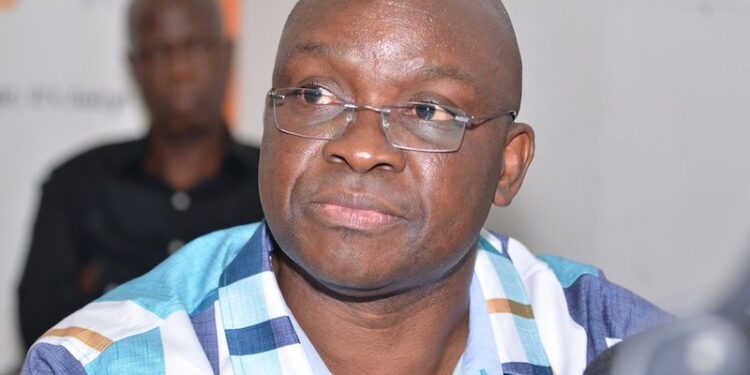Former Ekiti State Governor Ayodele Fayose has been discharged and acquitted of all charges in his protracted money laundering case brought against him by the Economic and Financial Crimes Commission (EFCC).
A Federal High Court in Lagos delivered the verdict on Tuesday, July 16, 2025, ruling that the evidence presented by the anti-graft agency was insufficient to sustain the charges against the former governor.
The court upheld Fayose’s no-case submission, effectively determining that the prosecution had failed to establish a prima facie case warranting the defendant to enter a defence.
Fayose had been standing trial on allegations related to money laundering and fraud during his tenure as Ekiti State governor. The charges were part of the EFCC’s ongoing efforts to prosecute high-profile corruption cases involving former state officials.
The court’s decision to discharge and acquit Fayose means that the former governor is now free from all criminal liability related to these specific charges. A discharge and acquittal differs from a mere discharge, as it prevents the possibility of the defendant being retried on the same charges.
The ruling represents a significant legal victory for Fayose, who had maintained his innocence throughout the proceedings. The court’s finding that the prosecution failed to establish a prima facie case suggests that the evidence presented was deemed inadequate to meet the required legal threshold.
The Economic and Financial Crimes Commission had pursued the case as part of its mandate to combat financial crimes and corruption among public officials. However, the court’s decision indicates that the commission’s evidence and prosecution strategy were insufficient to secure a conviction.
This development adds to the ongoing discourse about the effectiveness of corruption prosecutions in Nigeria’s judicial system and the challenges faced by anti-corruption agencies in securing convictions in high-profile cases.
The former governor’s legal team is expected to view this outcome as a vindication of their client’s position throughout the trial proceedings.



















